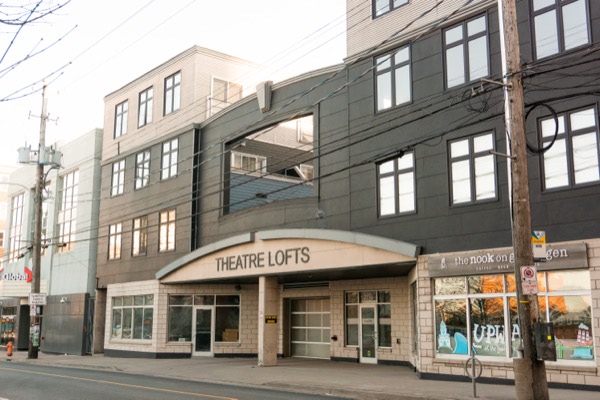You have secured your mortgage approval, but is it what you can truly afford? Here’s what you need to know.

Knowing when you’re ready to buy your first home
Is it time to buy your first home?
When driving on the highway, we pass by signs. These signs warn us of things ahead on the road and point us in the right direction. Some signs indicate the speed limit, some if there is wildlife, and some with upcoming exits. The signs on the highway indicating exits give us the distance to the next exit. It will tell us how far away we are and accommodations at the nearest exit. Without the signs, we would often get lost and have a harder time knowing when to exit and where we are going. The distance gives us enough warning so that we can prepare to exit when our street comes up.
Home buying can seem intimidating. It can feel like you’re driving on a highway without signs leading you in the right direction. But, when you know the signs that you’re ready to buy a home, the journey can seem a lot less overwhelming. Here, we talk a bit more about knowing when you’re ready to buy your first home.
1. Good credit score
Your credit score is an important piece in qualifying for a mortgage. The credit score plays a part in determining the interest rate and terms of a mortgage. The better or higher a credit score is, the better the terms will be. A borrower with a high credit score is more likely to have a lower interest rate on their mortgage. This will help them save money in their monthly mortgage payment and over the life of their loan. Equifax and TransUnion both allow you to check your credit score once a year for free. This will help you figure out if your credit score is healthy and where you may be able to improve it. A good credit score is 650 or higher. A credit score of 750 or greater is considered excellent.
2. Plan on putting down roots
Moving around and living more of a nomadic life can be an indicator you are not ready to buy a home. Moving around doesn’t give you the opportunity to build up equity on a property and pay down the mortgage. The cost of buying a home and quickly turning around to sell it can be expensive. This can outweigh the benefit of buying a home. However, if you are settled into a steady long-term job and plan on putting down roots, it could be time to buy a home.
Buying a house is cheaper than renting when you plan on staying in a city for the foreseeable future. When you are renting, you’re paying the landlord’s mortgage. This means that they are building equity on the property that you’re living in. Buying a home allows you to build equity. This will increase over time while paying off the mortgage. Over time the home value will also increase, which means the equity of the property will also go up.
3. Saved up money for a down payment
The most common roadblock of home buyers is finding a source of down payment. One of the biggest misconceptions about home buying is that saving for a down payment is impossible. Many new home buyers think that the down payment has to be 20 per cent in order to afford a home. Luckily, home buyers can enter into the market with as little as a five per cent down payment on a property. Down payments between five per cent and 19.99 per cent require mortgage default insurance but allow first-time buyers to become home owners. Moreover, there are many programs and ways for buyers to come up with the funds for a down payment.
First-time buyers can use the Home Buyers’ Plan to borrow funds from their RRSP to go towards their down payment. Immediate relatives can also give money to a home buyer to go towards their down payment as a gift. Home buyers can use a mix of down payment types in order to afford a home.
4. Monthly mortgage payments
Knowing the amount you can afford to spend each month on a monthly payment is an indicator you are ready to buy a home. The mortgage amount a home buyer qualifies for is tied to their debt to income ratio. The lower your debt to income ratio is, or smaller the amount of debt indicates how much you are able to borrow.
Lenders are looking to ensure you are able to afford your monthly payments and have enough money to make ends meet. The higher your debt to income ratio is, the less you will probably be able to qualify for. Your average monthly rental payment is a good indicator of how much you will be able to afford for your monthly mortgage payment.
Is it time to buy your first home?
Knowing the signs that you’re ready for homeownership can help make the journey a little less confusing. Each sign shows that you are getting closer and closer to taking the turn towards homeownership. When you’re getting close to taking the leap into homeownership, give us a call at Clinton Wilkins Mortgage Team! You can give us a call at 902-482-2770 or get in touch with us here!


